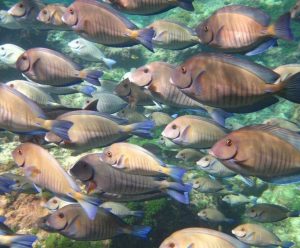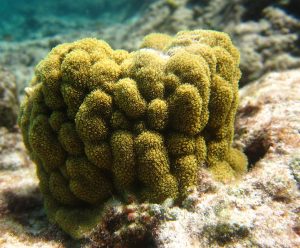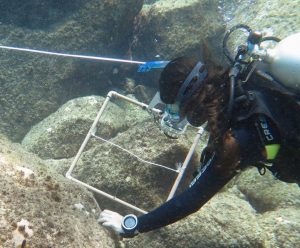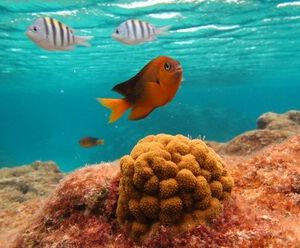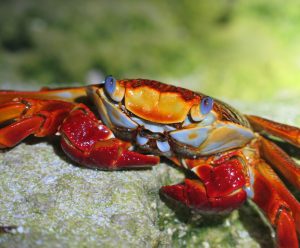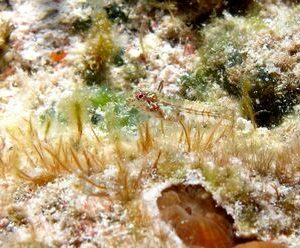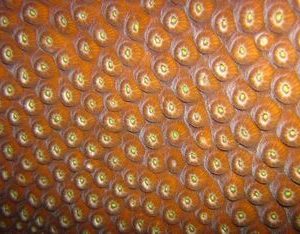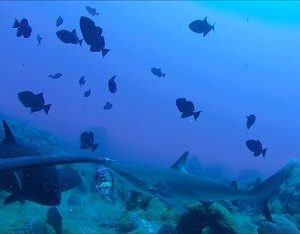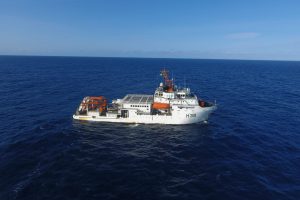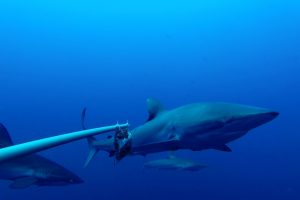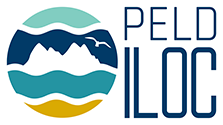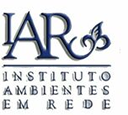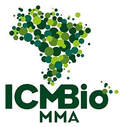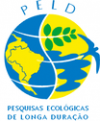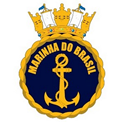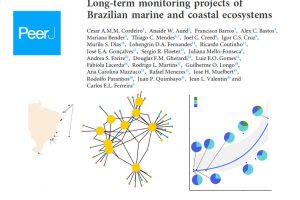
Mission
Brazil has four tropical oceanic islands: St. Peter and St. Paul’s Archipelago, Fernando de Noronha Archipelago, Rocas Atoll and Trindade Island and Martin Vaz Archipelago. These islands are geographically highly isolated, experience less harming human-driven impacts than the costal area and encompass different levels of protection. Therefore, these more pristine islands represent a fundamental reservoir of marine biodiversity not only to the country but to the whole world. However, the Brazilian oceanic islands remain unknown to the majority of the population. Our mission is to increase the awareness and interest among Brazil’s population, providing knowledge to support governmental decisions and thereby help to protect and preserve the diversity, manifoldness and health of the unique marine ecosystems of our oceanic islands.
The goal of PELD-ILOC
Our objective is to understand how ecosystem structures of reef communities at the four Brazilian oceanic islands change under the variety of human-driven impact, such as fishing, pollution or climate change. Hence, PELD – ILOC monitors the Brazilian oceanic islands to continuously assess the dynamics of reef communities and populations and the processes driving these dynamics. More specifically, we aim to evaluate.
- reef fish assemblage structure
- benthic community structure
- coral reef index
- population dynamics of the Aratu crab (Grapsus grapsus)
- genetic diversity and temporal variation of the zooxanthellae hosted by the corals
- effects of fish on benthic communities
- diversity and abundance of cryptic invertebrates including sea urchins
- detection of toxic dinoflagellates
- deep fish fauna using Baited Remote Underwater Videos (BRUVs).
Expeditions

Research
